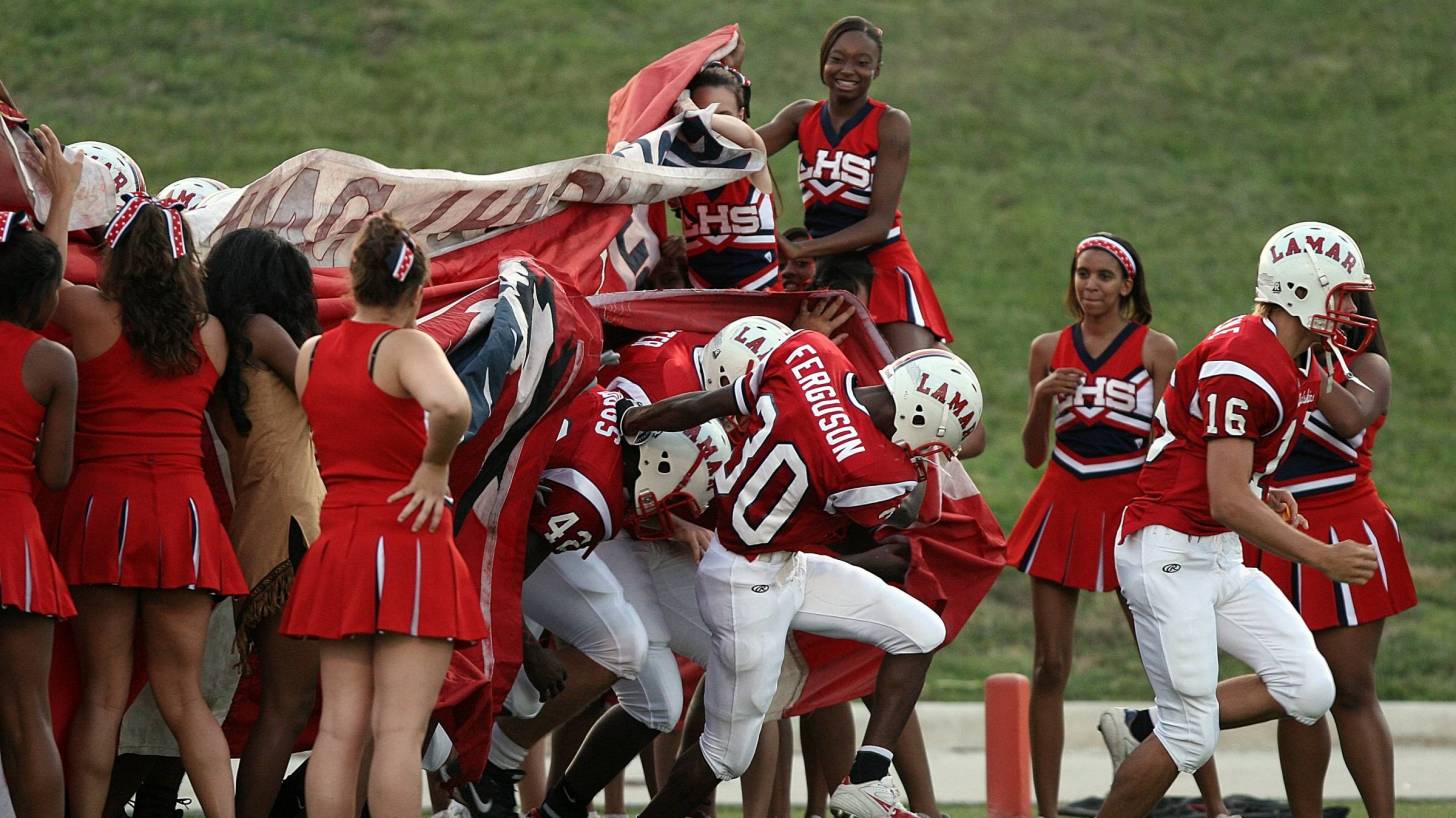As High School Sex Decreases, So Should HPV Cancers

The number of high school students who have had sexual intercourse decreased significantly during 2005–2015, according to a new study.
The decrease was from 46.8% to 41.2% of all high school students.
But, these researchers did not identify any specific intervention that led to this positive change.
The Centers for Disease Control and Prevention (CDC) examined trends by grade, race/ethnicity, and sex among U.S. students using data from the 2005–2015 national Youth Risk Behavior Surveys, and information from 29 states.
This new study identifies several distinctions by sex, grade, and race/ethnicity.
- Among students overall, significant linear decreases were observed among all sex and race/ethnicity subgroups except white students
- Large decreases were seen among 9th and 10th-grade students, from 34.3% to 24.1%.
- Nationwide decreases were seen among black students in all grades and Hispanic students in three grades (9th, 10th, and 12th grades), but no statistically significant decreases among white students in any grade.
- Only in the states of North Dakota and Wyoming showed no decline.
This CDC information supports a 2016 study that reported ‘Millennials’ were having less sex than previous generations.
In that study, published in the Archives of Sexual Behavior, researchers found that young people born in the 1990s were "significantly more likely to not have sexual partners".
When controlled for a time period and age, the only generation with a higher rate of sexual in-activity than today's 20 to 24-year-olds were those born in the 1920s.
These studies are good news for the human papovavirus (HPV) cancer vaccine.
Originally recommended for young women, HPV vaccination is now recommended by the CDC for most preteen girls and boys. Research suggests that about 20 million Americans are infected with HPV, many of whom are unaware of their infection.
According to the CDC, HPV is an identifiable cause of nearly all cervical cancers and is also involved in most mouth and throat, anal, and other cancers, as well as genital and anal warts.
While HPV infection cannot currently be cured, it can be prevented by effective HPV vaccines.
During 2016, the CDC approved a two-dose schedule for adolescents under age 15 instead of the traditional three-dose schedule. Teens starting at age 15 or later still need three doses.
The Gardasil 9 vaccine immunizes against nine genotypes of HPV known to cause cervical cancer, as well as vulvar, vaginal, and anal cancers and genital warts caused by HPV.
The CDC Vaccine Price List provides the private sector vaccine prices for general information. Most pharmacies offer vaccination services, including HPV. HPV vaccine discounts can be found here.
Vaccines, like any medicine, can have side effects, says the CDC. You are encouraged to report negative side effects of vaccines to the FDA or CDC.
No conflicts of interest were reported by Kathleen A. Ethier, Ph.D., Laura Kann, Timothy McManus, Corresponding author: Kathleen A. Ethier, [email protected], MMWR Morb Mortal Wkly Rep 2018;66:1393–1397.
Our Trust Standards: Medical Advisory Committee

























